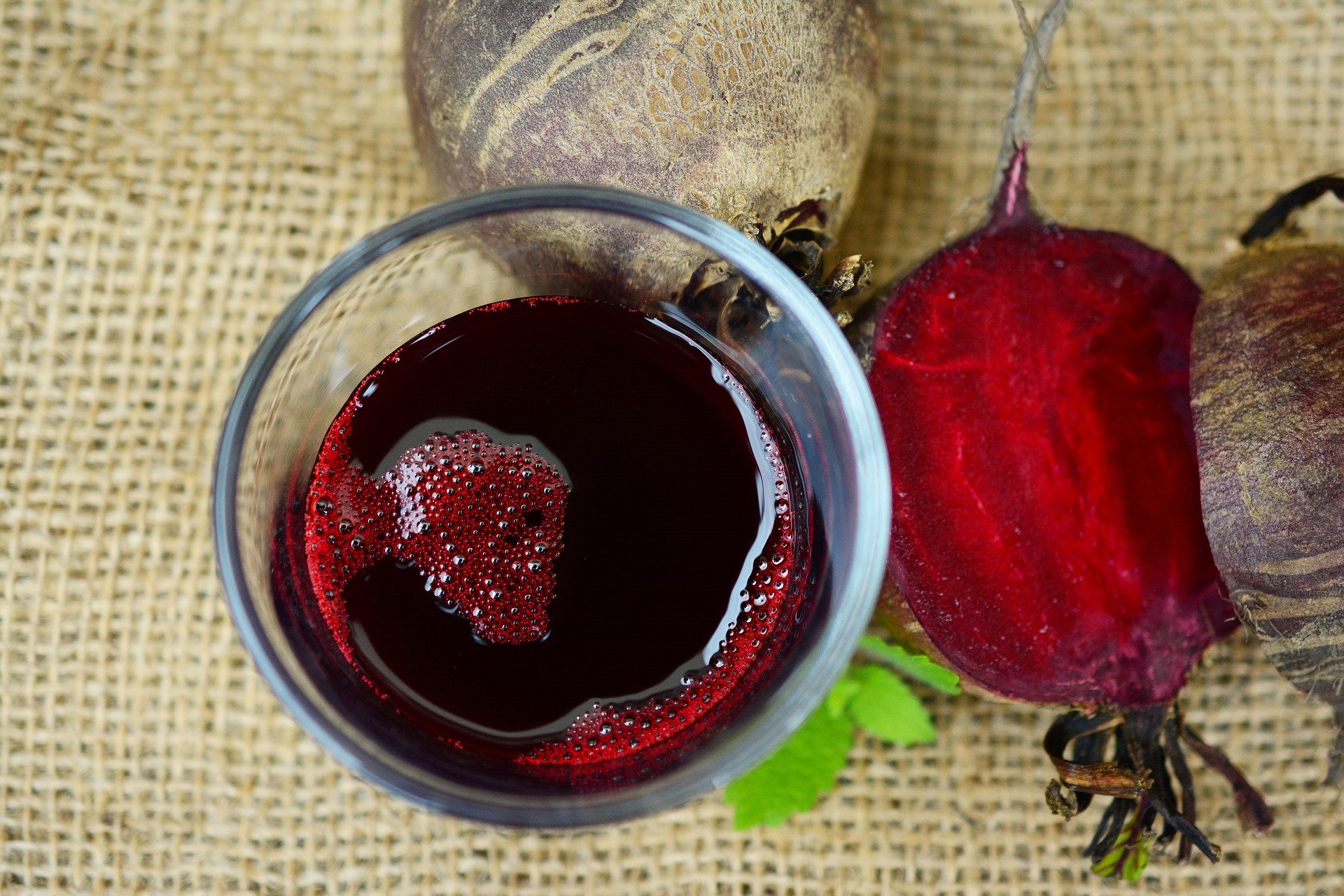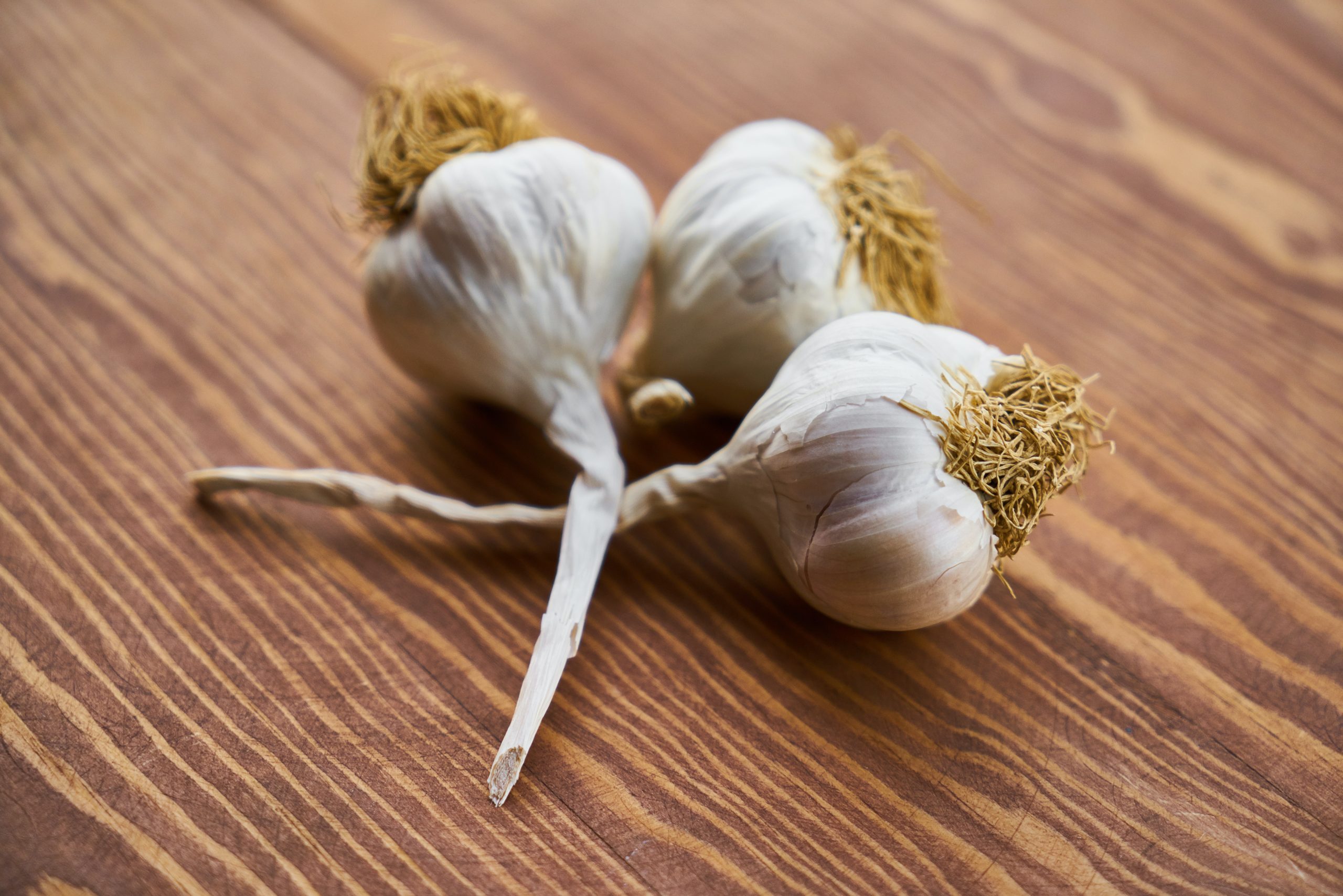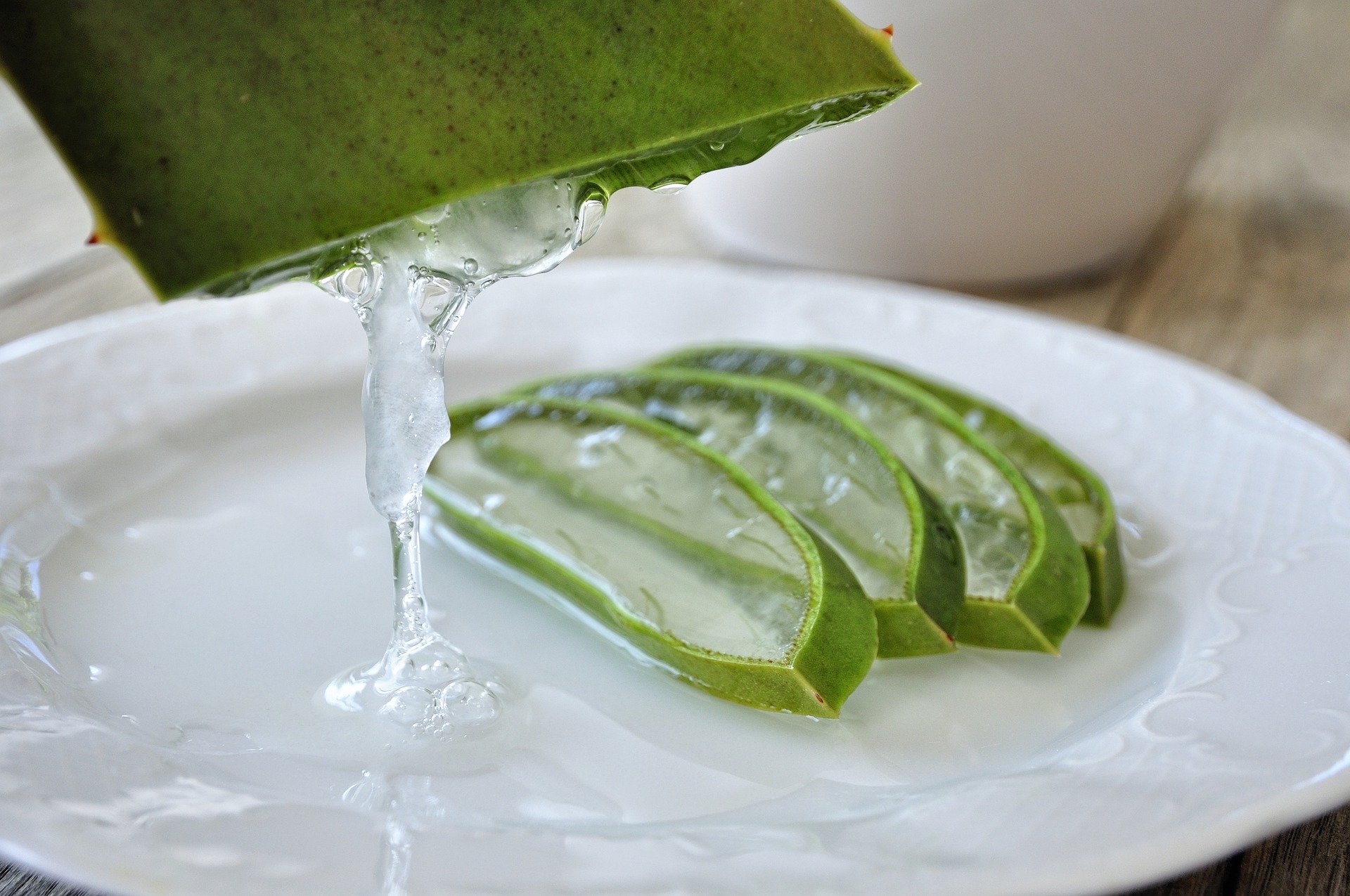
Joint pain can be caused by many different things, from arthritis to bursitis to injuries. Even certain diseases like mumps, hepatitis and flu can cause joint pain. And with six different types of articulated joints in your body, you have a lot of potential pain points. Regardless of the cause or location, the result has a strong impact on your performance throughout the day. Over-the-counter or even prescription medications can relieve joint pain, but they have bothersome side effects and can interact with other medications you may be taking. It is always best to start with the least invasive method of pain management first and continue with more difficult things if necessary. Fortunately, there are several natural herbs that can effectively block joint pain without causing unwanted side effects. The following are five of the most commonly available herbs that can relieve painful joints. But first, let’s take a look at the body process that really causes joint pain. (Note: it indicates our body’s tendency to take protective measures too far.) Stay with us to the end and you are endowed with natural pain relievers, both topical and oral, that can improve your quality. Life Many of them may already be hanging in your pantry.
The Driver of Joint Pain: Inflammation
Inflammation is a complex process that can be both harmful and helpful. It is the body’s reaction to an infection or injury and tries to isolate the damaged part of the body from other healthy areas. This response is crucial to the fight against foreign invaders. Inflammation is a key component of healing – think of the inflammation that you experience after exercise. The result is that your muscles are rebuilt stronger than ever. However, chronic inflammation is associated with almost all diseases known to humans. If this option is not checked, inflammation causes more problems than it resolves, including debilitating joint pain. For this reason, popular OTC medications, especially ibuprofen, are more effective against inflammation than pain. The following herbs are known to reduce inflammation and swelling, thereby alleviating suffering.
1. Aloe Vera

You probably have aloe vera somewhere in your closets and look whenever you or someone you love get sunburned. It is also popular for treating minor abrasions. But aloe can do much more! It contains over 75 potentially active components, including aloin and emodin, that act as pain relievers for pain relief. Aloe also contains several powerful anti-inflammatory compounds.
There are several ways you can use aloe to relieve joint pain. The first is the topical standard application that is massaged into painful areas. Look for aloe gel that has been certified by the International Aloe Science Council. Some generic brands contain little real aloe or have damaged the active ingredients through processing.
Second, you can find and take an oral aloe supplement. A capsule is quick and easy to take, but you can also buy pure aloe vera juice, which has a mild taste and blends well with smoothies or shakes. Keep in mind that people who are taking diabetes medication, laxatives, or diuretics should talk to their doctors before taking it
2. Eucalyptus
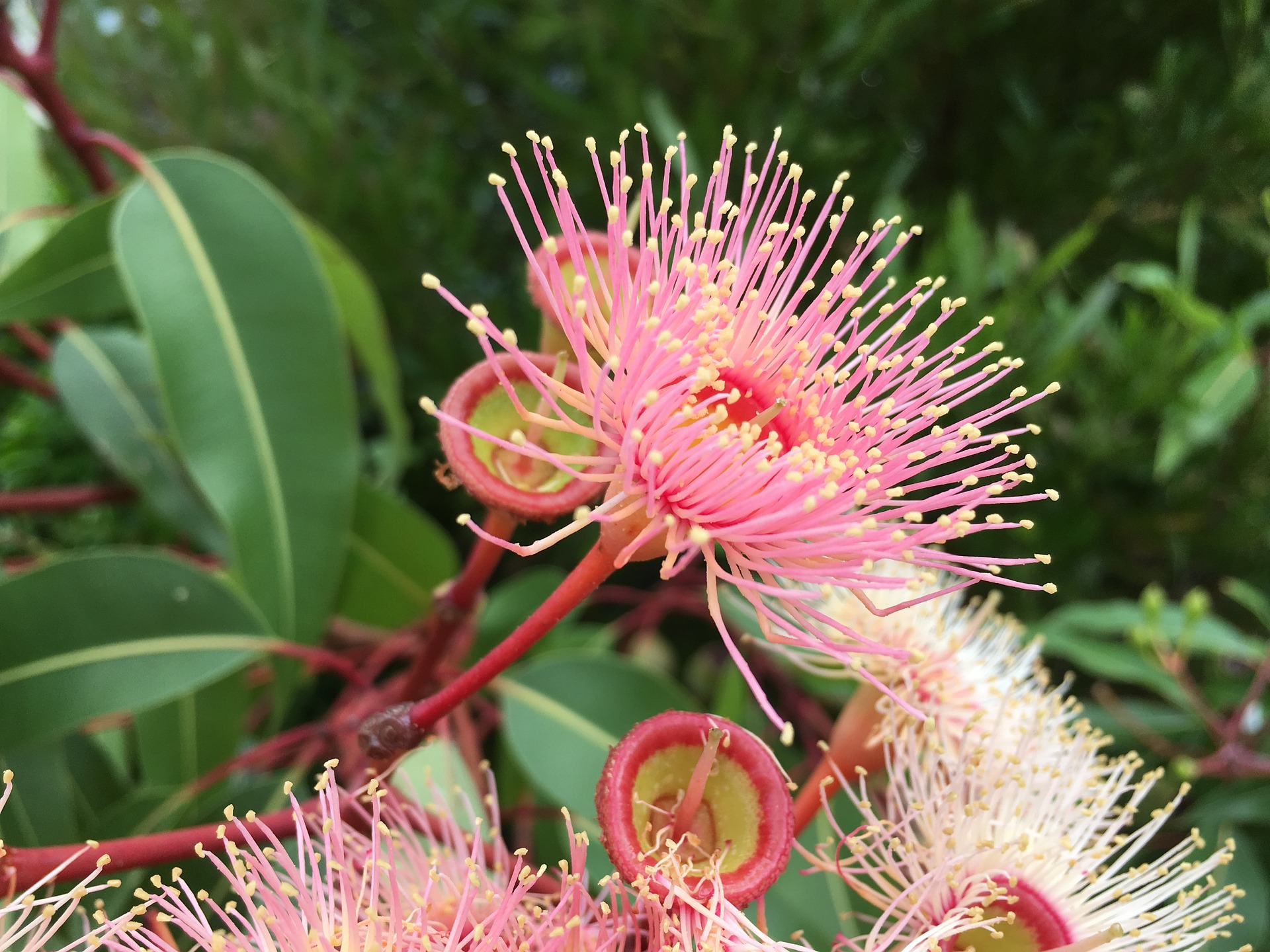
Eucalyptus is a well-known topical pain reliever that is incorporated into all types of creams and ointments for joint pain. It has that strong smell of menthol, which we tend to associate with pain relief treatments, and research shows that even the smell of eucalyptus in the form of essential oil can relieve discomfort.
The leaves of the eucalyptus plant contain tannins, which are believed to relieve swelling and inflammation pain. If you have never used eucalyptus, test it for allergies before using the product extensively. Simply apply a small amount to your forearm and watch out for negative reactions such as a rash or hives. If nothing happens within 24 to 48 hours, you should be aware of the use of eucalyptus on the painful joints.
3. Ginger
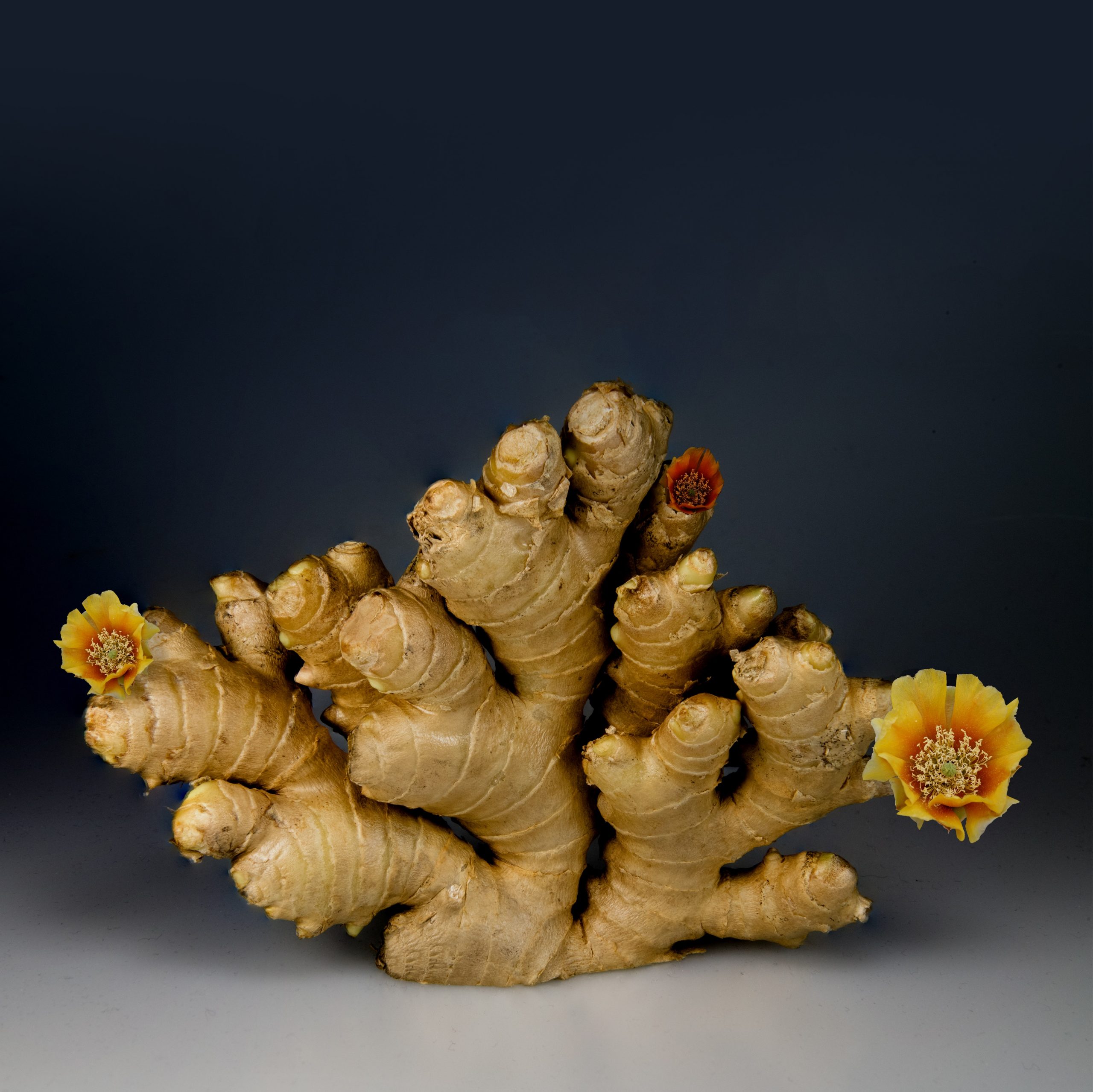
In traditional Chinese medicine, ginger is administered to increase blood flow, which has a positive effect on healing in inflamed areas. Ginger is also believed to improve blood sugar, protect against heart disease, lower bad cholesterol, strengthen brain function, and even lower cancer risk. Yes, ginger does all that PLUS, fights inflammation and relieves pain.
The active ingredient in ginger is called gingerol and has strong anti-inflammatory and antioxidant properties. The first studies on the use of ginger in patients with rheumatoid arthritis are very promising and the pain relieving benefits of this effective herb are currently being researched. Ginger can be used fresh, dry, powdered or in the form of an oil. Most people enjoy the taste of ginger, but can also use a capsule supplement if you want to take advantage of it without flavor.
4. Green Tea
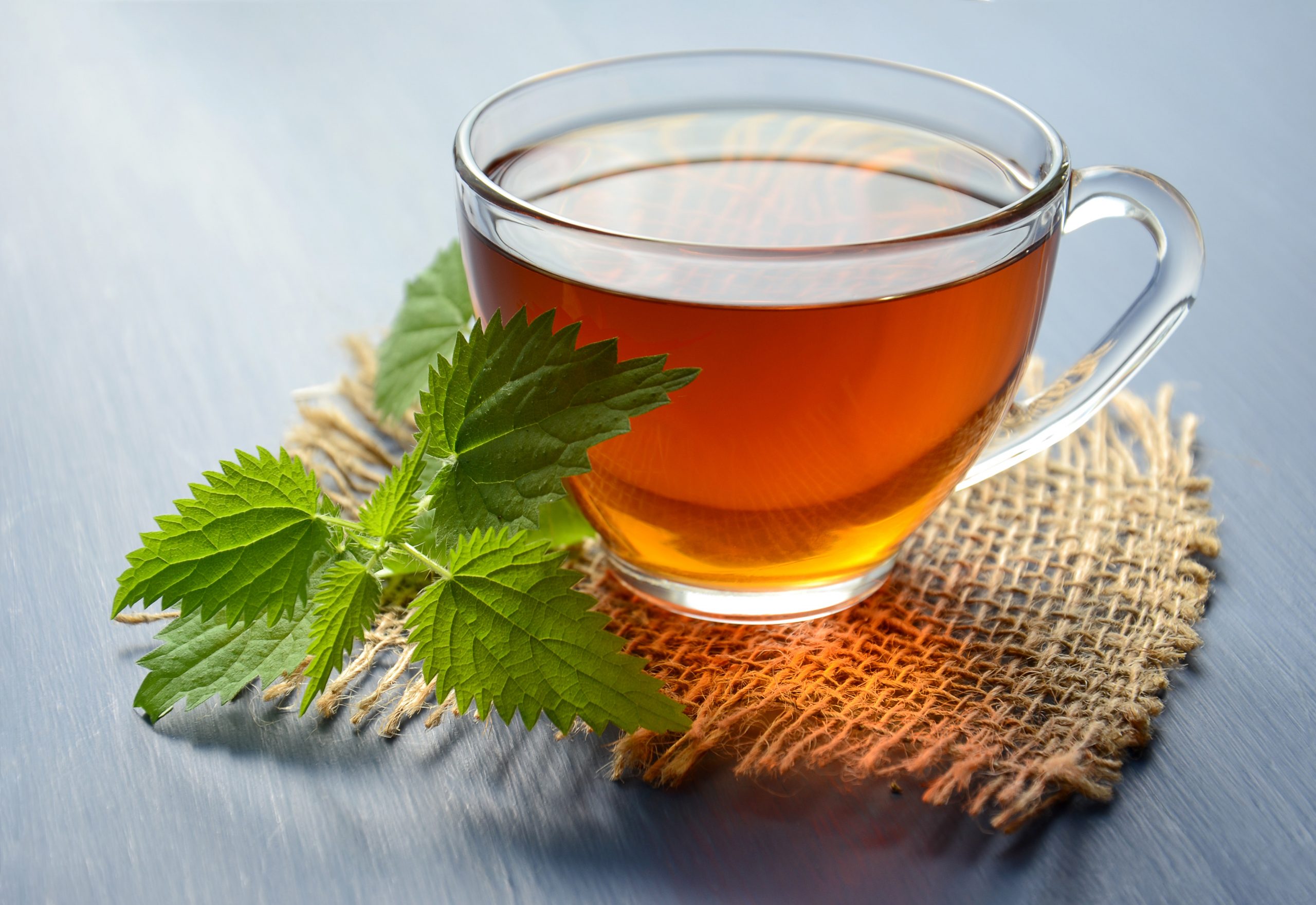
Green tea is one of the healthiest drinks you can choose from for many reasons. From improving brain function to increasing fat burning, green tea improves overall wellbeing. It is also highly anti-inflammatory and has been shown to benefit people with osteoarthritis and rheumatoid arthritis.
Most people just make and enjoy green tea, but you can also take it as a tablet or tincture. With a green tea concentrate you can give all types of food a green tea taste. Conversely, you can add other anti-inflammatory herbs like ginger or aloe to your cup of green tea.
5. Turmeric
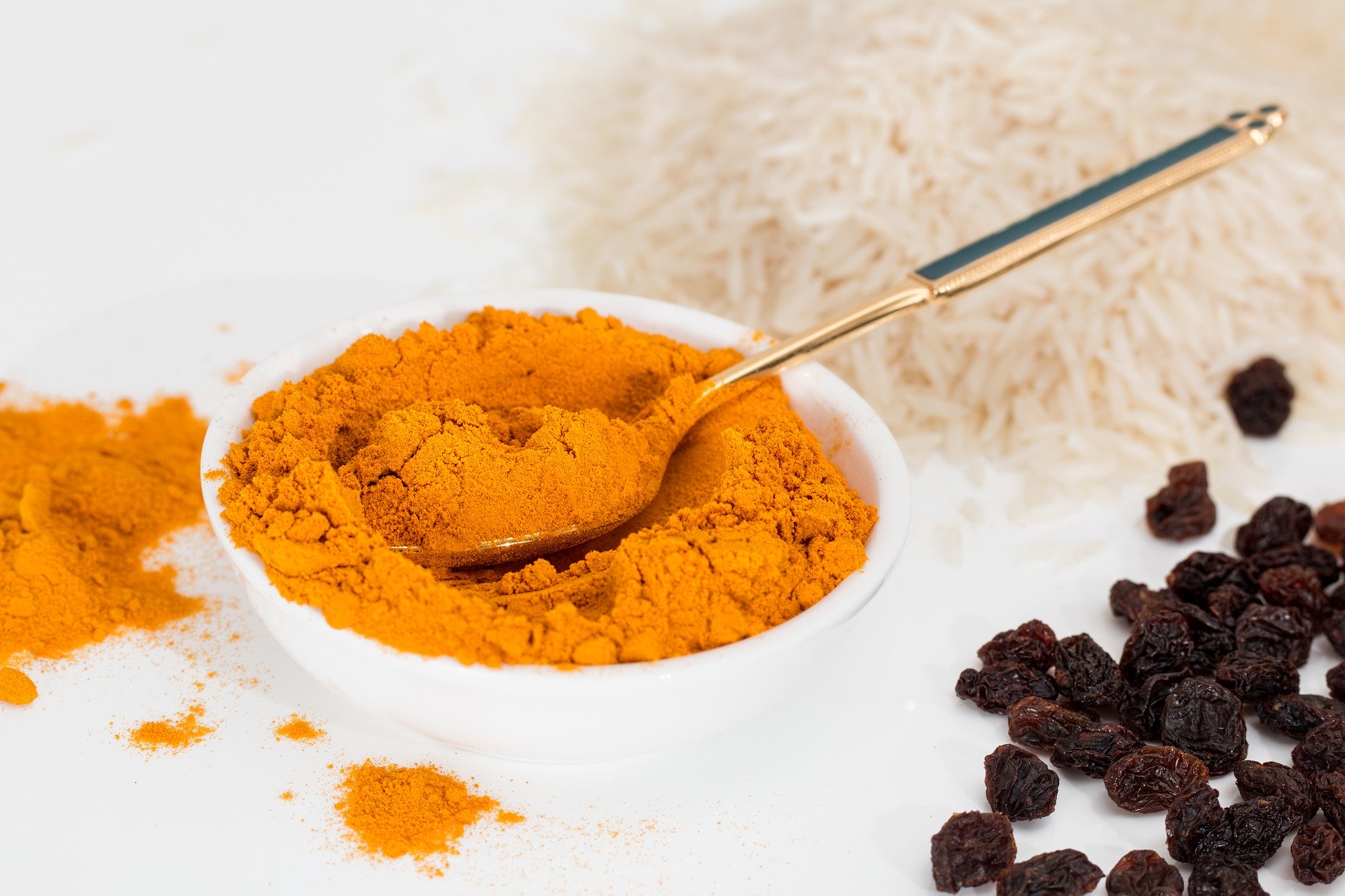
Turmeric is the orange-yellow spice from which curries are made. Turmeric is more than a pleasant taste and has long been used in folk medicine. Scientists now understand that the active ingredient in turmeric, called curcumin, has anti-inflammatory properties.
Recent studies in rats have shown that turmeric can slow the progression of rheumatoid arthritis. The National Center for Complementary and Integrative Health suggests that turmeric / curcumin is more effective when consumed than when applied topically. But it’s good because it tastes very good in all types of dishes. If you don’t like the taste, curcumin capsules also work.
Conclusion
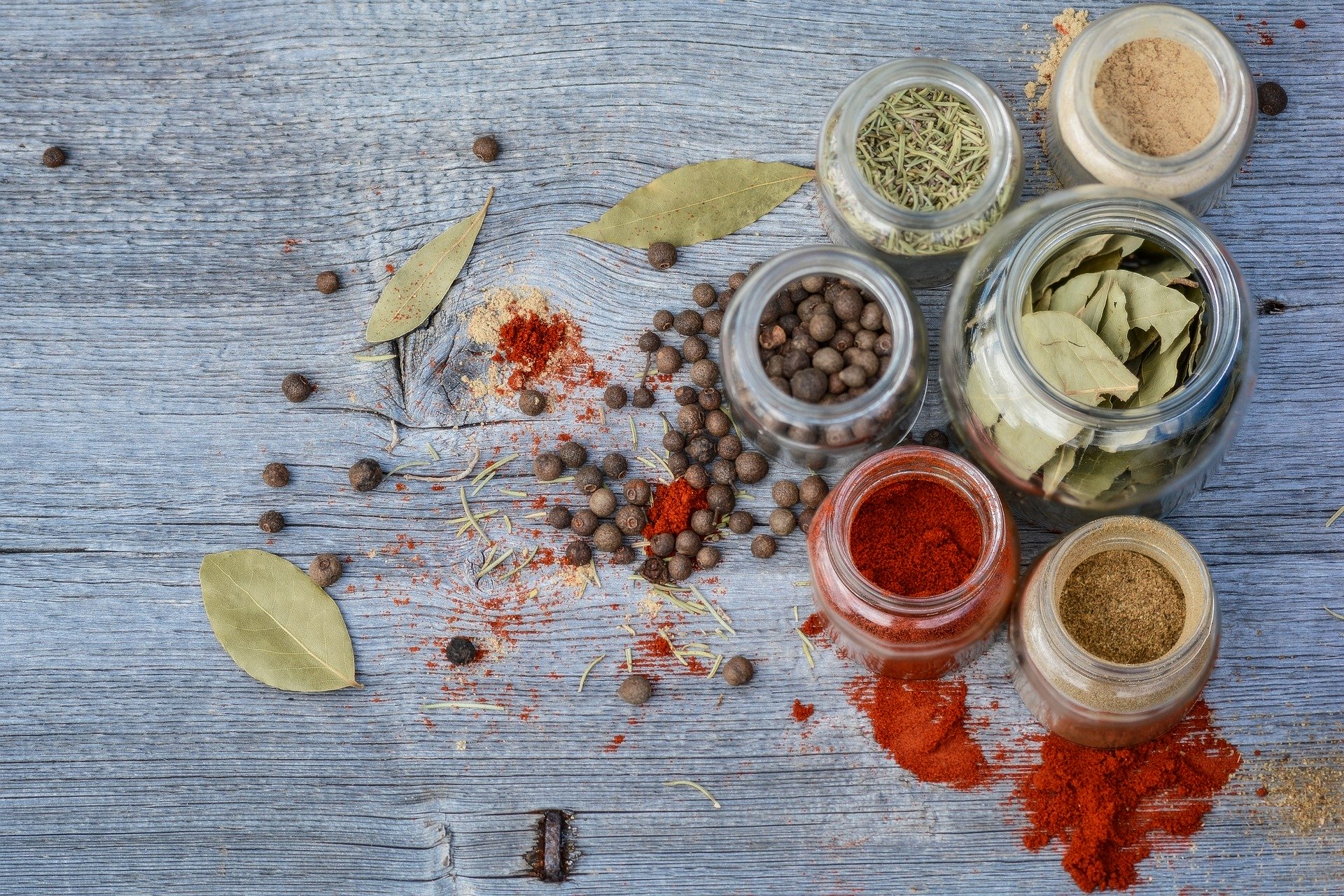
Herbs, known to relieve inflammation, are fantastic natural remedies for joint pain. They help reduce the body’s overactive immune response without causing further problems in the form of unpleasant side effects. Some are better when applied topically, like eucalyptus, but most can be naturally added to and even doubled in your diet daily, like green tea and ginger.
A natural herbal-based anti-inflammatory regime will likely reduce dependence on over-the-counter and prescription medications, which can only improve your quality of life. And keep in mind that all of the herbs we’ve discussed have several health benefits beyond pain relief. You have nothing to lose if you try!


